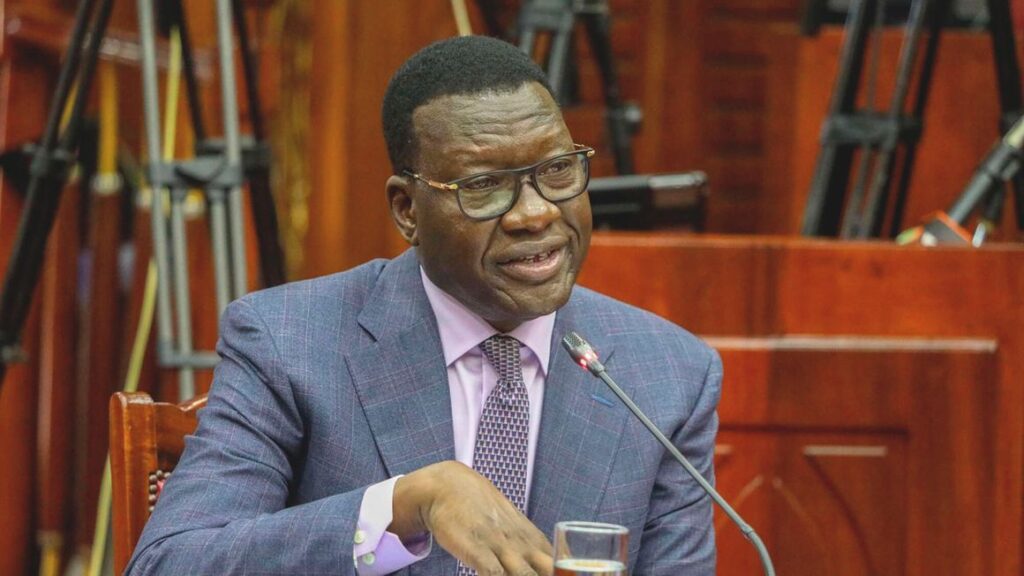Gulf oil deal – Kenya outlines hedging strategies and collaborative partnerships to mitigate currency risk as the shilling slides against the US dollar.
As the Kenyan economy grapples with a slide in the shilling against the US dollar, the government devises robust strategies to protect its Gulf oil deal from potential currency fluctuations. Kenya signed deals with UAE’s ADNOC and Saudi Aramco for the supply of petroleum products with a six months credit period earlier in the year. Employing a proactive business approach, Kenya seeks to minimize risks and secure its vital energy supply through enhanced hedging mechanisms and strategic partnerships with key organizations in the sector.
Kenya, a key player in the East African region, is strategically planning to protect its critical Gulf oil deal from potential risks posed by the recent slide in the shilling’s value against the US dollar. By adopting prudent business measures, the government aims to shield the oil sector from adverse currency fluctuations, which could have far-reaching implications on the country’s energy security and economic stability.
Strengthening hedging strategies for currency risk management
The Kenyan government recognizes the significance of the Gulf oil deal in meeting the country’s energy demands. With the value of the shilling experiencing fluctuations against major global currencies, the need for a comprehensive hedging strategy becomes evident. By leveraging financial instruments, such as currency derivatives, Kenya can safeguard the deal’s stability and minimize the impact of unfavorable currency movements.
Implementing robust hedging mechanisms will enable the country to lock in favorable exchange rates for future oil transactions, providing much-needed certainty and predictability for both the government and oil companies involved in the venture. This strategic approach not only protects the national economy from potential currency volatility, but also instills confidence in international investors and energy partners, fostering a conducive business environment for continued collaboration.
Collaborative partnerships with key organizations in the oil sector
In the face of currency uncertainties, Kenya is proactively engaging in collaborative partnerships with key organizations in the oil sector to ensure a well-coordinated response to potential challenges. By forging alliances with renowned oil companies and reputable financial institutions, the government seeks to create a united front against currency risks and maintain the stability of its Gulf oil deal.
Collaborative partnerships offer a platform for knowledge exchange, risk-sharing, and access to expertise in managing currency fluctuations. This approach will empower the country to draw from the collective experience of industry leaders and financial experts, enabling it to adapt swiftly to changing market dynamics.
Moreover, these partnerships serve as a testament to Kenya’s commitment to strengthening international relations, attracting foreign investments, and fostering a stable business environment. By promoting cooperation and mutual interests, Kenya is seeking to solidify its position as a reliable and resilient player in the global energy landscape.
Diversification of energy sources for long-term sustainability
While safeguarding the Gulf oil deal remains a priority, Kenya recognizes the value of diversification in achieving long-term energy sustainability. Exploring renewable energy sources, such as geothermal, solar, and wind power, presents an opportunity for the country to reduce its reliance on oil imports and mitigate the impact of currency fluctuations on its energy sector.
Investing in renewable energy not only promotes environmental conservation but also strengthens Kenya’s energy security by reducing its exposure to the volatility of global oil markets. Moreover, diversification fosters innovation, attracts green investments, and positions Kenya as a leader in sustainable energy practices.
For more energy news, visit our dedicated archives.
